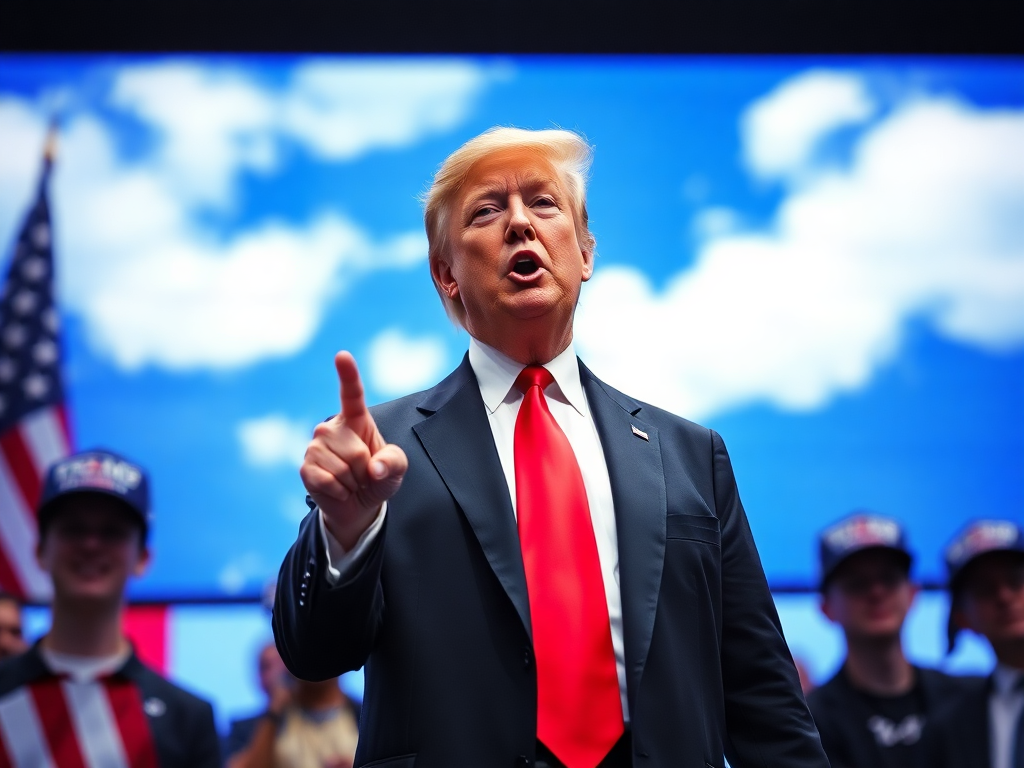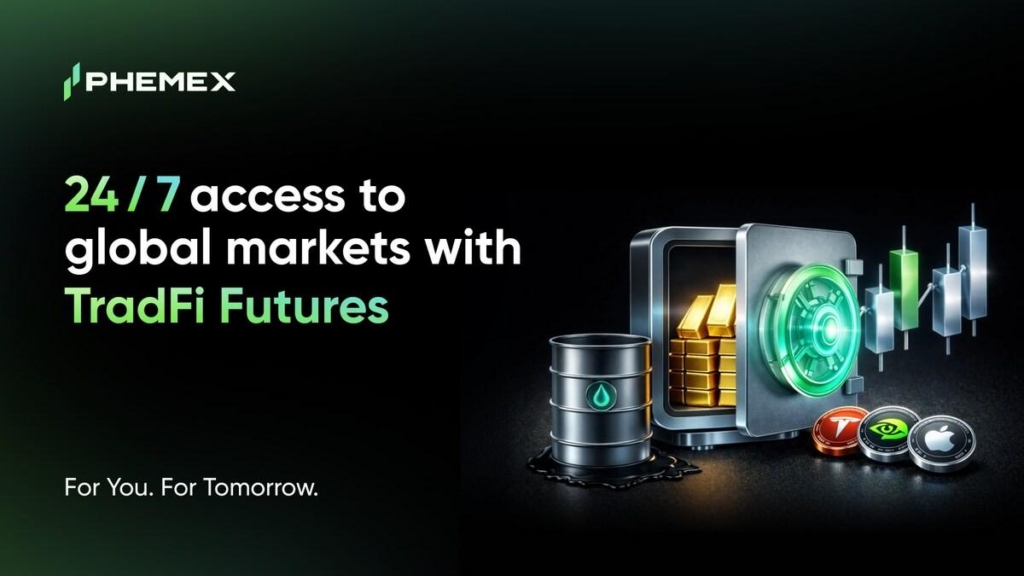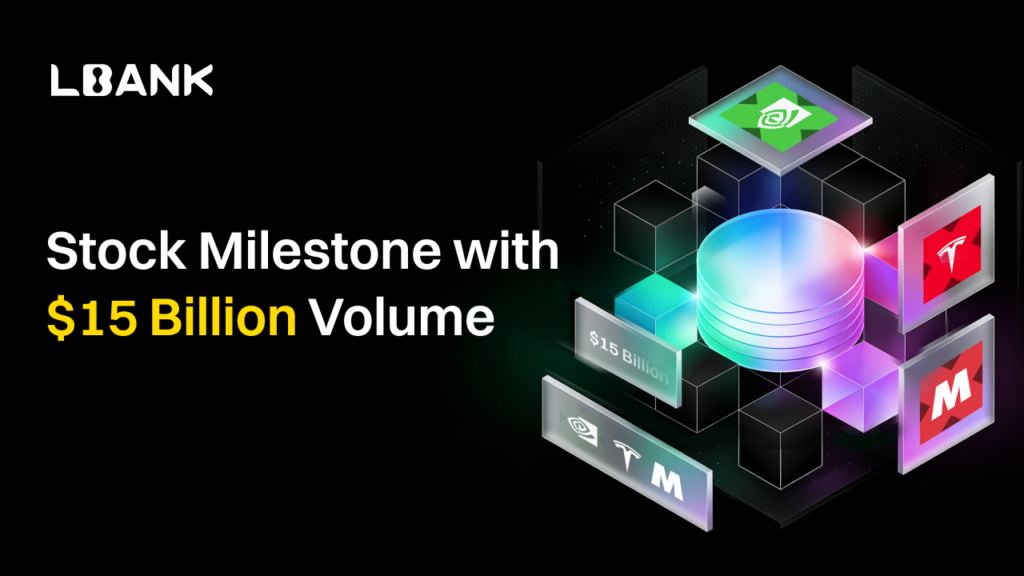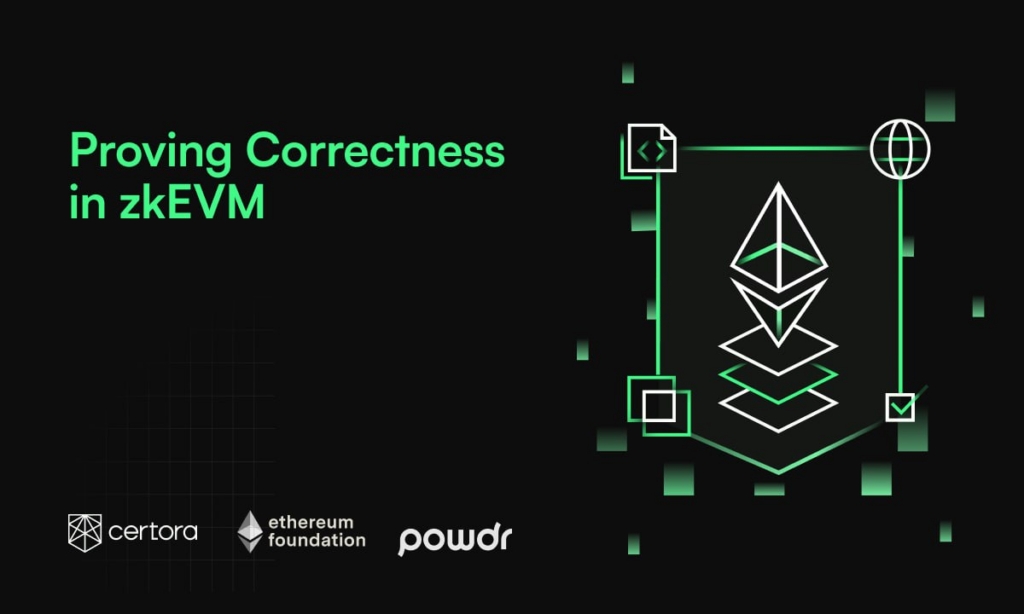Donald Trump’s activities in the cryptocurrency sector have raised concerns, prompting US Representative Gerald Connolly to call for an ethics investigation. The focus is on potential conflicts of interest and transparency issues linked to Trump’s financial connections, particularly with the crypto project World Liberty Financial (WLF) and the “TRUMP” meme coin.
Connolly has reached out to the House Oversight and Government Reform Committee, asking for an inquiry into whether Trump’s crypto ventures breach ethics and transparency standards. He warns that these activities could threaten national security and allow foreign entities to gain influence over Trump.
WLF is a key point of contention. It is a cryptocurrency project aligned with Trump’s vision of financial independence. Reports indicate that Justin Sun, the founder of Tron, invested $30 million in WLF tokens.
Connolly suggests this investment helped WLF achieve its financial targets, potentially benefiting Trump and his family. He raises concerns about the ethical implications of these financial ties under the Presidential Ethics Reform Act.
Additionally, Trump’s TRUMP meme coin, launched shortly before his inauguration, has also drawn scrutiny. The coin initially saw a significant rise in value, reaching nearly $40 billion in valuation, but has since fluctuated, trading around $37.93. When questioned about it, Trump claimed it was “very successful” but seemed unaware of its details.
Critics, including Congresswoman Maxine Waters, argue that the TRUMP meme coin could circumvent national security and anti-corruption laws. Waters described it as “the worst of crypto,” highlighting its potential for anonymous transactions that could benefit Trump’s associates or sanctioned individuals. She cautioned that such mechanisms could allow foreign entities to operate without oversight.
Connolly’s letter emphasizes the need to investigate Trump’s crypto involvement to protect national security and uphold transparency laws. He insists that without a thorough examination, these financial entanglements could pose serious risks to ethical governance.



